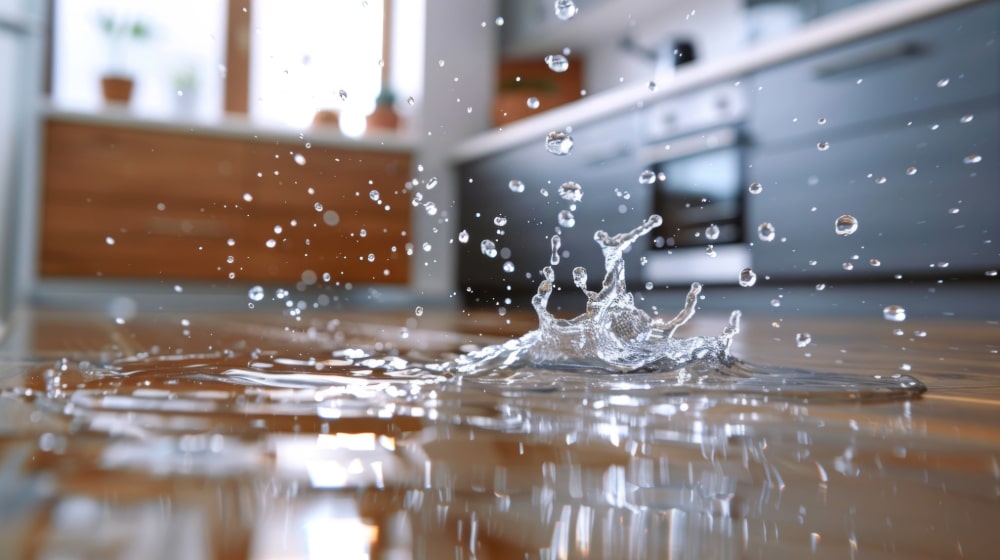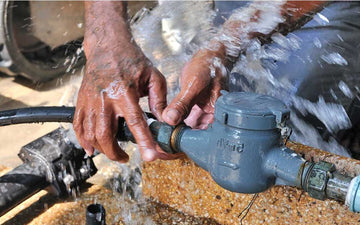Owning a rental property involves various responsibilities, ensuring the safety and satisfaction of tenants being paramount. As an Industry QA professional, understanding how a rental property leak sensor can enhance both safety and the property's value is crucial. These sensors act as a silent guardian against the disastrous aftermath of water leaks.
More often than not, a minor water leak left undetected can snowball into a major issue, leading to significant repair costs and tenant dissatisfaction. With the advent of technology, smart leak sensors have become a reliable solution to monitor water leaks, protecting both property investments and tenant well-being.

Why Install a Leak Sensor?
Leak sensors are designed to instantly detect and alert you to water leaks. These devices are simple yet incredibly effective tools for maintaining property integrity. The question isn't why you should install a sensor, but can you afford not to?
In a time where climate change introduces unpredictable weather patterns, unexpected water intrusions are more frequent. Failure to detect these intrusions can result in property damage, decreased property value, and compromised health standards due to mold growth. Learn about effective inline water leak detectors to ensure robust water management.
How Do Leak Sensors Work?
These devices function by detecting changes in water flow using advanced sensors. As soon as a change is detected, it sends alerts to the property owner or the property management. Such warnings allow swift action to be taken, mitigating potential damages. The technology behind these sensors is constantly evolving, providing users with enhanced accuracy and reliability.
For landlords and property managers, reducing operational risks is a priority. Installing these sensors in strategic locations can provide peace of mind. The added security ensures that you can address issues promptly, keeping both tenants and regulatory bodies satisfied.
The Benefits of Leak Sensors
Tenant Satisfaction
Happy tenants are more likely to extend leases and less likely to leave negative reviews. By ensuring prompt detection of water-related issues, you enhance tenant trust and confidence in the propertys management.
Cost Efficiency
Proactive measures such as installing leak sensors can save substantial sums in repairs and insurance premiums. Detecting leaks early can prevent extensive damage to both the propertys infrastructure and tenant belongings. Consider reading more about leak detectors powered by AI.
Preserving Property Value
Properties that are regularly maintained hold their market value better. By avoiding water damage, the aesthetic and structural quality of the property remains intact.
Choosing the Right Leak Sensor for Your Property
When selecting a leak sensor, consider factors such as ease of installation, compatibility with existing smart home systems, and the level of customer support provided by manufacturers. Visit smart leak sensors for second homes to see examples of compatible devices.
Many manufacturers offer devices with additional features such as temperature monitoring, which can be critical during winter months when pipes are prone to freezing. Analyze your property's specific needs to choose a tailored solution.
How to Integrate Leak Sensors
Integrating leak sensors into your property management strategy involves placing them in areas prone to leaks, such as bathrooms, kitchens, and basements. These locations are susceptible to water leakage due to their plumbing setups. For comprehensive coverage, you might consider using multiple sensors across the property.
Connect the sensors to a centralized system that will notify you via smartphone alerts. This setup allows for real-time monitoring and immediate response, ensuring minimal disruption to both property function and tenant comfort.

FAQs
Are leak sensors expensive?
While the initial cost can vary, the long-term savings from avoided water damage repairs make them a valuable investment.
How often should I test my leak sensors?
Regular testing every six months can ensure that they function correctly. Follow the manufacturers instructions to perform these tests effectively.
Can leak sensors be integrated with smart home systems?
Yes, many modern leak sensors offer connectivity options to work seamlessly with smart home systems, allowing for a unified monitoring approach.






